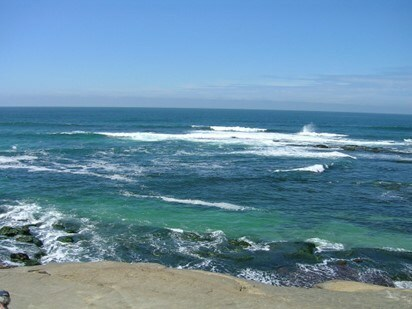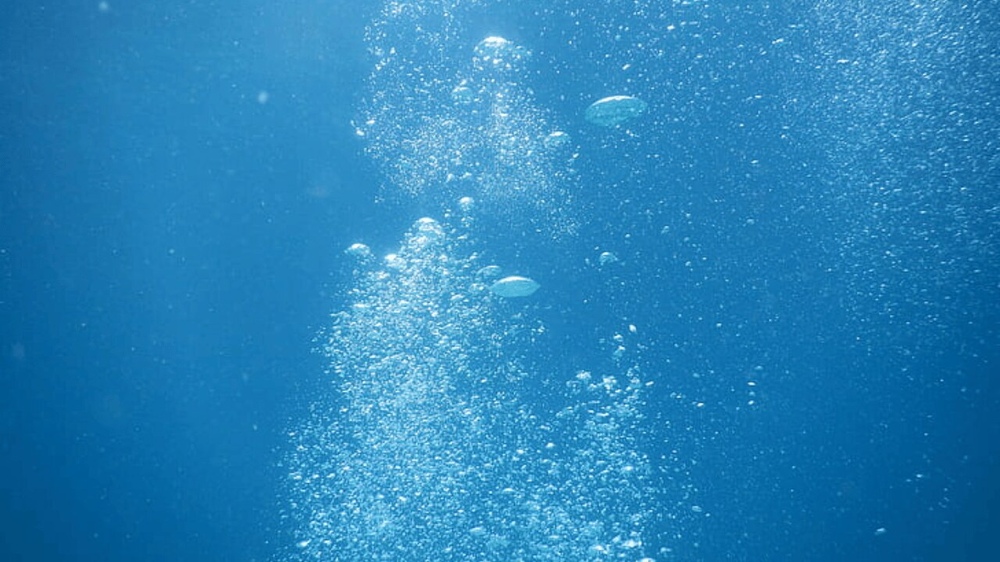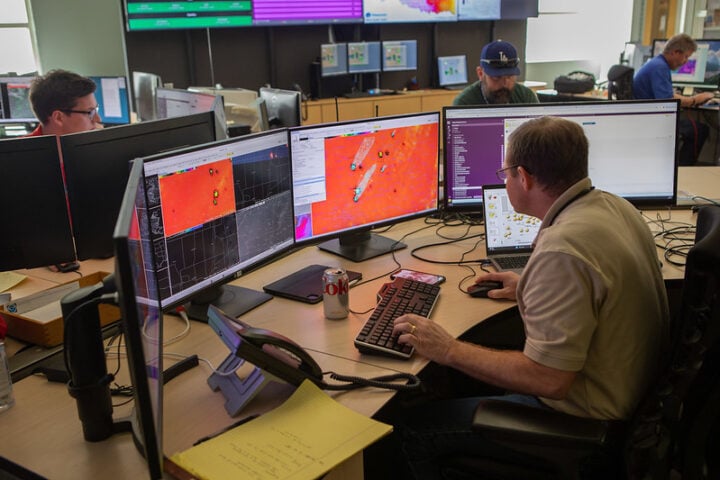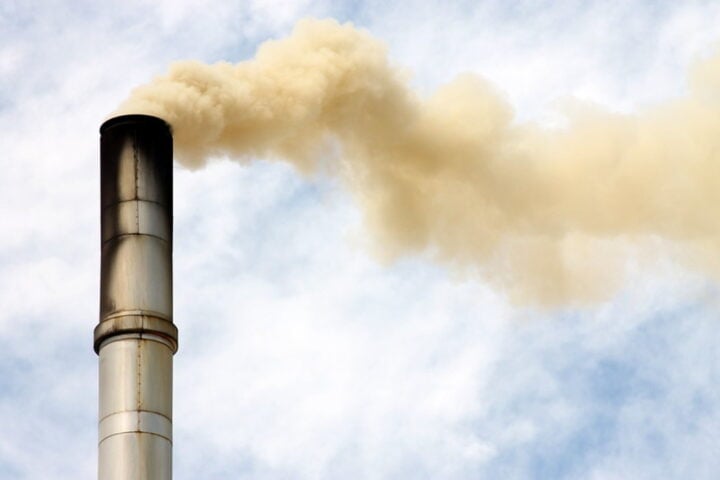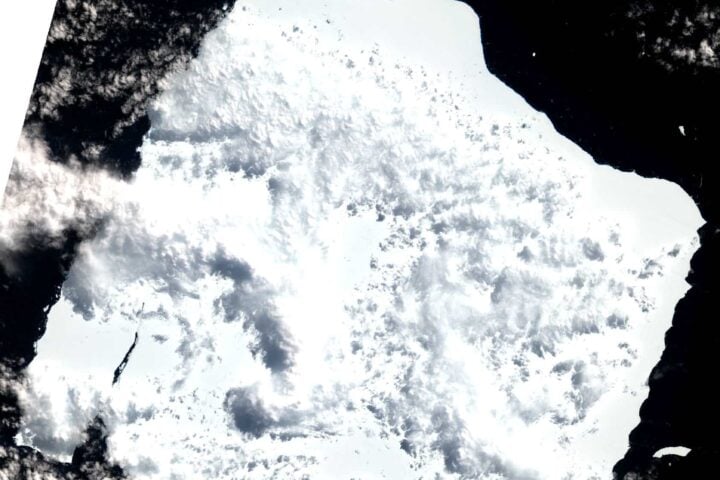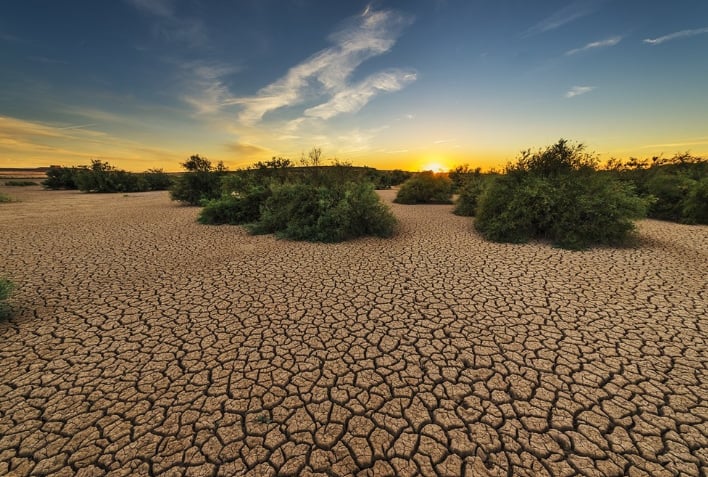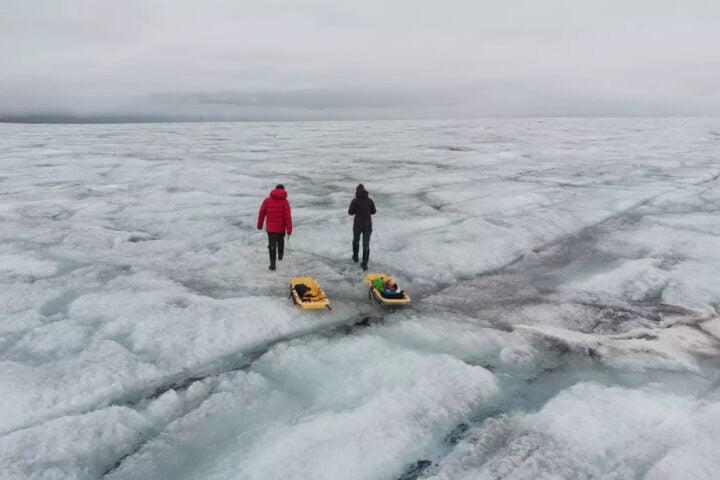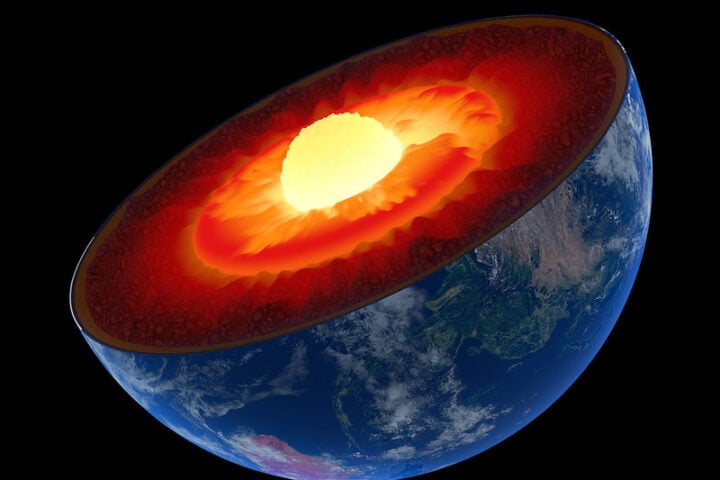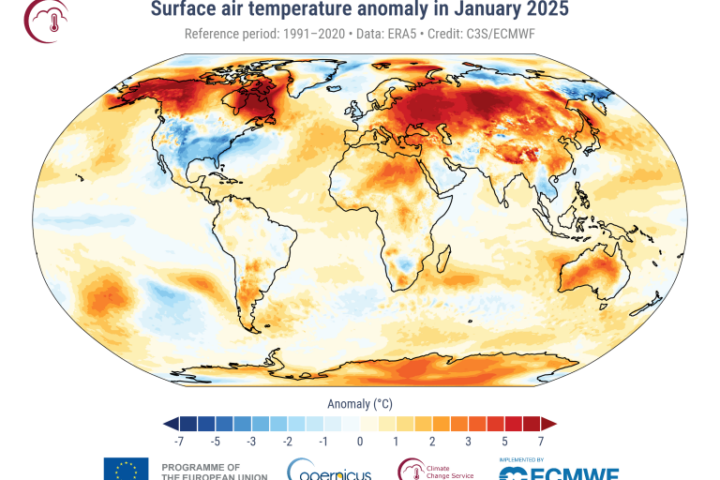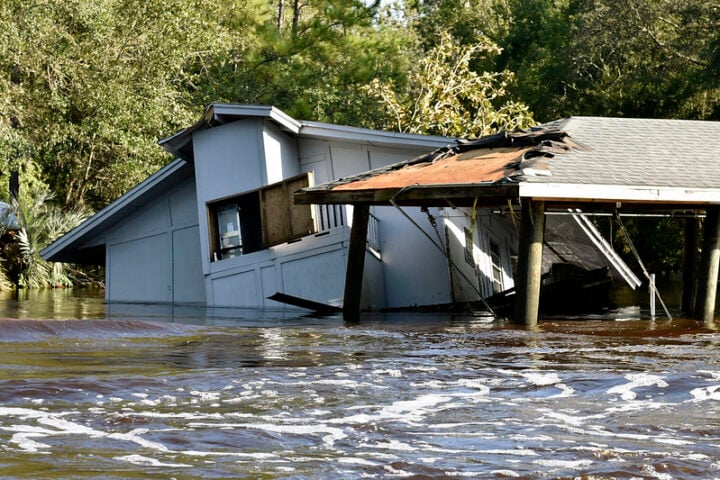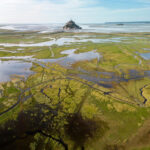Imagine a world where the air we breathe is at the mercy of the ocean’s tiniest inhabitants. This isn’t a scene from a science fiction movie, but a stark reality we’re facing today. A groundbreaking study by Incheon National University (INU) reveals a dramatic shift in oceanic microbial life due to climate change, altering greenhouse gas cycles and posing a serious threat to our global climate system.
This study, led by Prof. Il-Nam Kim, peels back the layers of the ocean’s complex ecosystem to expose the vulnerability of marine microbes to climate change. The research, published in Marine Pollution Bulletin, delves into the effects of ocean warming (OW), ocean acidification (OA), deoxygenation (OD), and anthropogenic-nitrogen-deposition (AND) across the Western North Pacific Ocean’s various layers.
Data and statistics play a crucial role in this research. For instance, the study highlights the increased production of nitrous oxide (N2O) and methane (CH4) – potent greenhouse gases – due to altered microbial activities. These findings challenge previous assumptions about prokaryotes’ roles in biogeochemical processes, emphasizing the need for a reevaluation of climate change models.
Prof. Kim’s statement, “Climate change leads to marine environmental changes and this study can enhance our understanding of their impact on human life,” underscores the gravity of this issue. The alteration in greenhouse gas cycles not only affects the oceanic ecosystem but has far-reaching implications for climate regulation and, ultimately, human survival.
Similar Posts
The study’s innovative approach of examining the simultaneous effects of multiple climate change factors on marine microbes offers a comprehensive view of the issue. By integrating perspectives from marine biology, climatology, and environmental science, the research paints a holistic picture of the interconnectedness of our planet’s systems.
Beyond the scientific data, this study sheds light on the fragility of our ocean’s ecosystems. Each microbe plays a critical role in the balance of our environment, a balance that is being disrupted at an alarming rate. This research is not just about numbers and statistics; it’s about the future of our planet and the legacy we leave for the next generations.
The INU study meticulously examines microbial community changes from the surface layer (SL) to the deep layer (DL) of the ocean. Techniques like biogeochemical analysis and microbial genome-sequencing provide unprecedented insights into these changes, marking a significant advancement in marine ecosystem research.
This research opens the door to future studies and policy considerations. By understanding how climate change affects marine microbes, we can better predict and mitigate its impacts. The study’s findings could guide efforts to reduce ocean acidification and warming, stabilizing these crucial microbial communities and, in turn, our climate.
